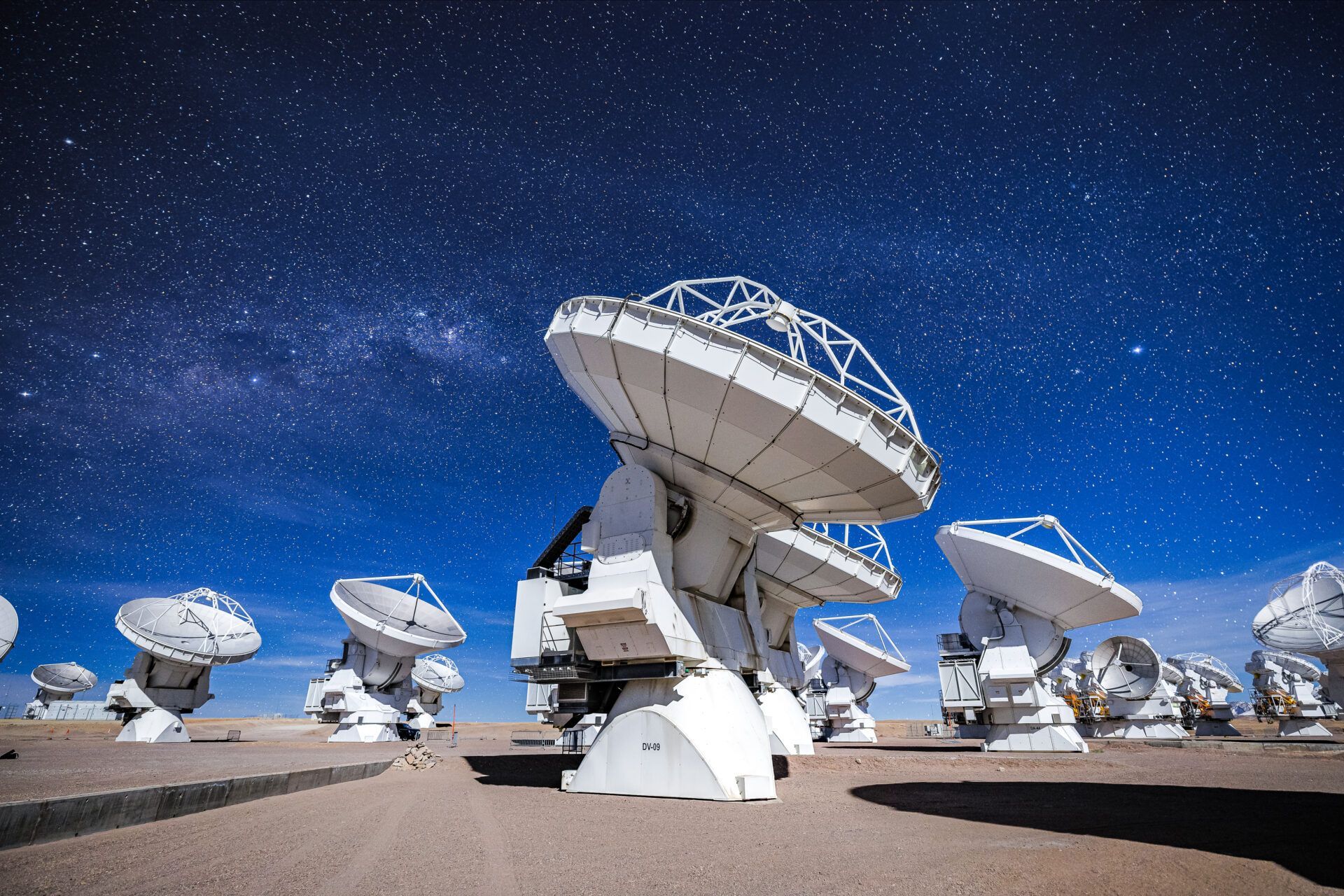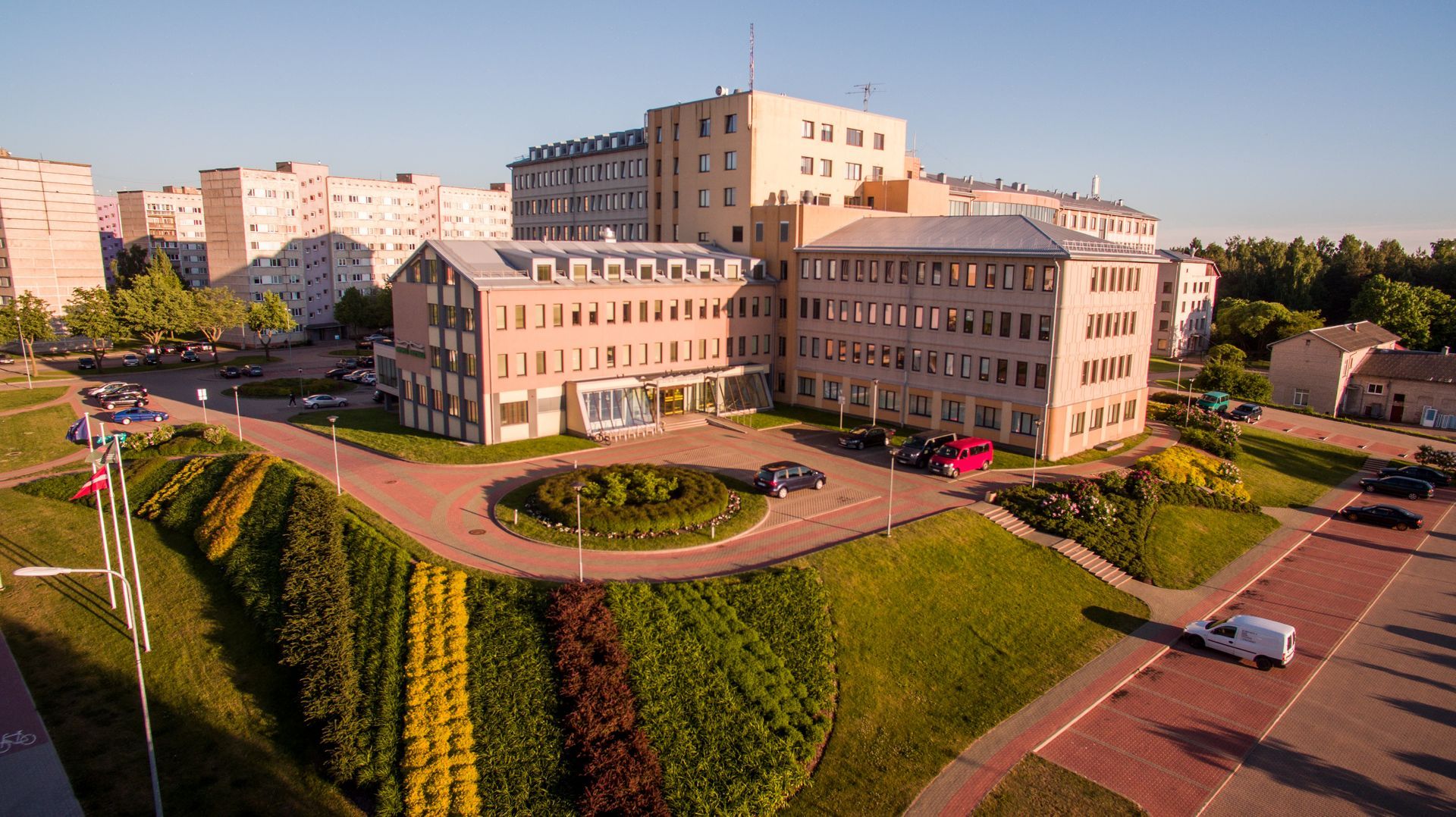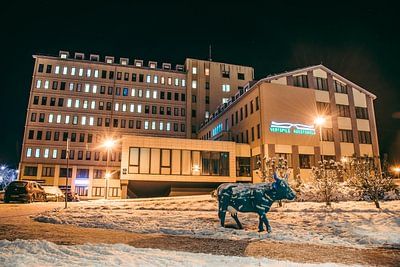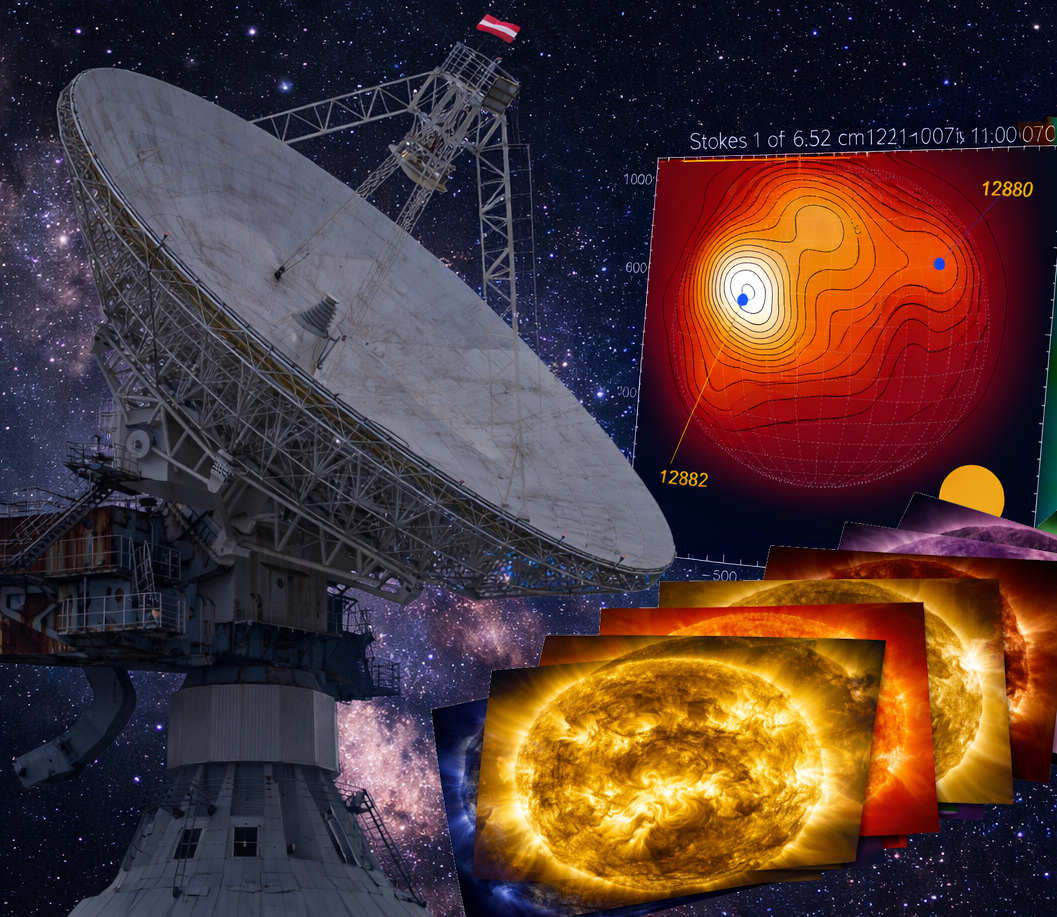Winner of the Andris Klauss Scholarship - Kristofers Volkovs
Having just won the Andris Klauss Scholarship, Kristofers has definitely received not only EUR 1500, but also a commendation from the committee and the patron Mārtiņš Lauva as one of the greatest students in the whole university. Working in the IT sector, actively participating in all events, studying - it seems that he has more than 24 hours in one day. Kristofers talks about the opportunities and how he has grown from a confused high school student to a person who knows what he wants to achieve.
Tell us a little about yourself!
Professionally I am a programmer, at heart I am an artist, in life I am a person who loves adventures. I am from Liepāja and I am currently studying in the 2nd year of the Master's degree programme "Computer Science".
How did you decide to come to Ventspils University of Applied Sciences?
It's an interesting story - at the time when I was about to graduate from high school, like many people, I was wondering what to do next. At that time I had no idea what I wanted to do and what I was interested in. Then I came to the conclusion that I liked art, because I was already doing it in my spare time, and I liked to play video games. Comparing the two options, I realised that the IT sector could offer more job opportunities. Then it was just a matter of figuring out where exactly I could acquire this education. I refrained from going to the capital because I realised that it would be too financially challenging, whereas Ventspils University of Applied Sciences offered budget places and inexpensive accommodation, which was very important to me.
How would you describe your studies at Ventspils University of Applied Sciences?
A tornado. It has definitely been a very cool experience. I have grown, broadened my horizons and perspectives a lot, but most importantly - I have understood what I want to achieve. This has been the place that has allowed me to discover myself, to understand my interests and has shown me the right path. I could write three whole books on all the benefits, but in short, I have realised that university means endless possibilities. University is one big opportunity. Fantastic friends, knowledge and experience!
How would you describe your study process?
The process of studying IT is like a roller coaster - there are easier courses, more challenging courses, different lecturers, more interesting courses, less interesting courses, but it really depends on the individual. At the beginning of my studies there were more theoretical courses and later on there was more programming, those were my favourite ones. University is not the place where you get everything drilled into you. You are given the basics to understand what you like and what you are good at, so that later on, through practice and work, you can also expand your knowledge in the fields you are more interested in. It's very individual for everyone, but it's cool that they give you this opportunity to learn what you like, rather than trying to make you specialise in everything at the same time.
On 1st of September you received the Andris Klauss scholarship, how did you decide to apply and what do you think made you the right person to receive this scholarship?
When I started my studies, I was in a very challenging situation financially. I had to realise that if I didn't want to work, I had to get scholarships, but in order to get them you often needed various proofs that you were an active student. I had to make the most of the opportunities I was given - I worked on different projects, took part in competitions and joined the Student Council. There I gained experience and various certificates that I could submit to scholarship committees to be able to support myself financially.
I applied for this scholarship because the first thing – money, and the second thing is that I kind of wanted to prove to myself that I could get it, because I think this is the most prestigious of them all. This is the third time I applied and the first time I didn't even get to the interviews. This is my last year at university, so I will definitely remember this as a cool achievement in my academic phase, which I will finish this year.
It is very difficult for me to say what exactly made me the most successful candidate, but I can definitely say that I tried to present myself in the best way. I tried to present myself as a person who knows what he wants to do with his life. That is true, because I have thought about it a lot and I have a plan of what I want to achieve and do next.
Do you plan to make your life in the IT industry?
Yes, definitely!! Programming is actually a very creative industry with many sub-branches, so I can prove myself in many different ways. I plan to throw all my "balls" into the IT "basket". The more I do, the more I learn what I still need to know. I am now starting a new job and realising that there is still room for growth.
What would you wish for young people who are just thinking about studying at VUAS?
I would like to wish 2 things:
Firstly, I wish you resilience, because studies can be challenging, you move away from home and you have to be able to push and support yourself. There will be late nights and papers submitted a few minutes before the deadline.
Secondly, be alert, there are lots of opportunities around but the key is to notice them. What I see in VUAS, is that young people don't always make the most out of opportunities, that is why I would like to say that there are a lot of opportunities and I encourage everybody to use them. For future students, know that there are endless opportunities here - come and use them.
Share on other platforms
Other news







